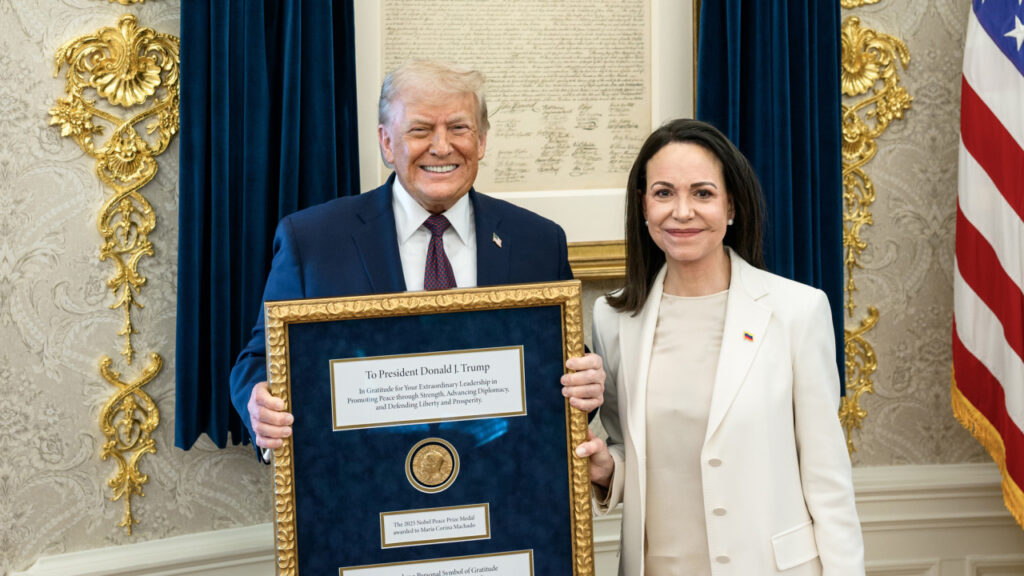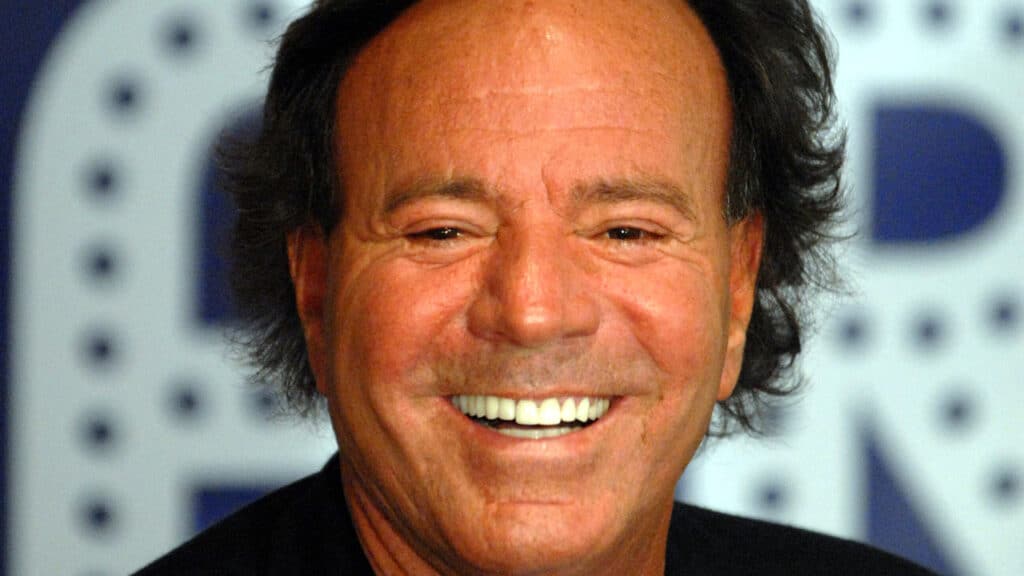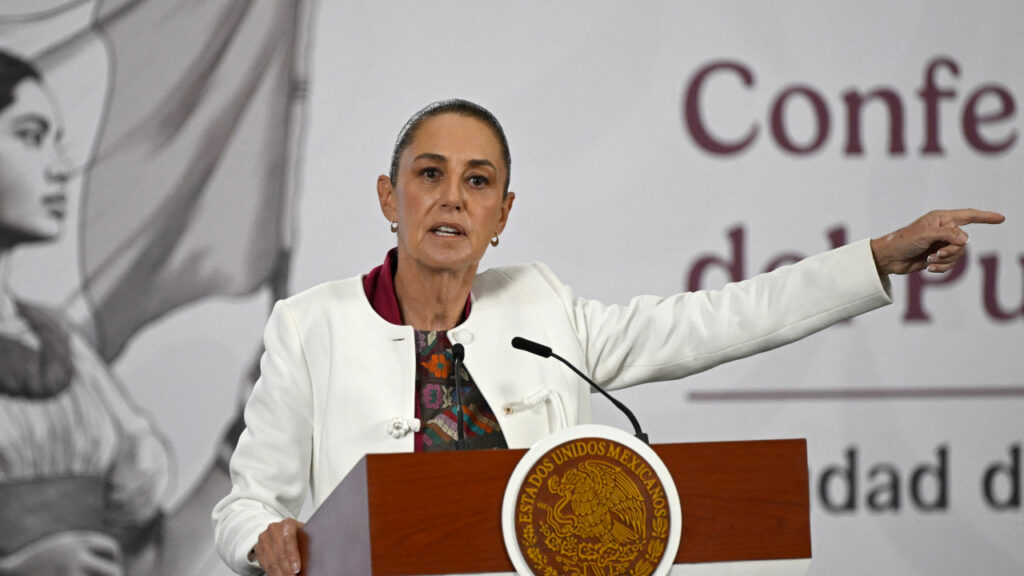
‘If We Don’t Respect Women, Our Society Will Not Move Forward’: Pope Francis’s Legacy on Gender, Power, and Progress
Pope Francis passed away on Easter Monday at the age of 88, concluding a historic papacy that made headlines with its calls for mercy, reform, and humility. As the first Latino pope, born Jorge Mario Bergoglio in Argentina, he brought a pastoral tone to the Vatican—and an urgent plea the world is still reckoning with: “If we don’t respect women, our society will not move forward.”
That line, delivered in a video message in April 2024, captured both the heart and the contradictions of Pope Francis’s relationship with gender justice.
Pope Francis said women were essential, but kept limits in place
Throughout his papacy, Francis pushed the Church—and the world—to recognize the dignity and humanity of women. He called on governments to repeal discriminatory laws and condemned gender-based violence as a global scourge. “Women are still treated as disposable,” he warned in one of his final monthly intentions. “And if we don’t do something, our society will not move forward.”
In the Church, he opened spaces previously closed to women. He appointed more women to Vatican leadership than any pope before him—over 20 by 2025—including the groundbreaking naming of Sister Simona Brambilla to head a Vatican department. He granted women voting rights in the 2023 synod of bishops, a historic first. And he formally allowed women to serve as lectors and catechists—roles previously reserved for men.
Yet, these moves came with hard boundaries. Francis repeatedly reaffirmed the Church’s ban on ordaining women as priests or deacons. He maintained a theological framework that emphasized women’s “complementarity” to men, defining their roles through ideals of motherhood and caregiving, rather than full leadership.
A pope who listened—but sometimes only so far
Francis’s style was often praised for its openness. He established papal commissions to investigate the possibility of women deacons. He listened to women religious calling for reform. He acknowledged that abuse in the Church affected nuns and laywomen in deeply painful ways. And during global synodal meetings, he supported the inclusion of women’s voices in deliberations.
However, many activists argue that his actions didn’t align with his rhetoric. Women are still barred from preaching at Mass. Decision-making power in Church structures remains largely male. And when asked about women’s ordination, Francis would fall back on tradition: “The Church has spoken and said no,” he once said, sidestepping calls for deeper dialogue.
His critics argue that praising women’s “feminine genius” and Marian qualities ultimately sidelined them. “When women are a metaphor,” wrote Kate McElwee for the National Catholic Reporter, “they are denied voice, moral agency, and the capacity to discern and claim God’s call.”
He wasn’t a feminist pope, but he opened the door
Pope Francis often criticized feminism as “gender ideology” or “machismo with a skirt,” but by the end of his papacy, his tone had shifted. “We have to keep fighting for women’s equality,” he said in 2022. “Because women are a gift.”.
He also insisted that the Church needed to “recover her feminine face” and stated that without women’s presence in leadership, both the Church and society would fall behind.
His legacy on women’s rights is complex, symbolic, partial, and unfinished. He cracked open conversations that had long been closed in the Vatican. And he gave institutional legitimacy to the idea that women’s dignity isn’t just a social issue, but a spiritual one.
The future of Pope Francis’s vision is still unwritten
Francis’s death marks the end of a transformative era, but the future of his reforms remains in question. Catholic women around the world continue to organize, demand equity, and push the Church toward a more inclusive vision. In his autobiography, published just months before his death, Pope Francis wrote of the “urgent challenge” of bringing women into every level of Church life—not as helpers, but as leaders.
That challenge now falls to his successor.




